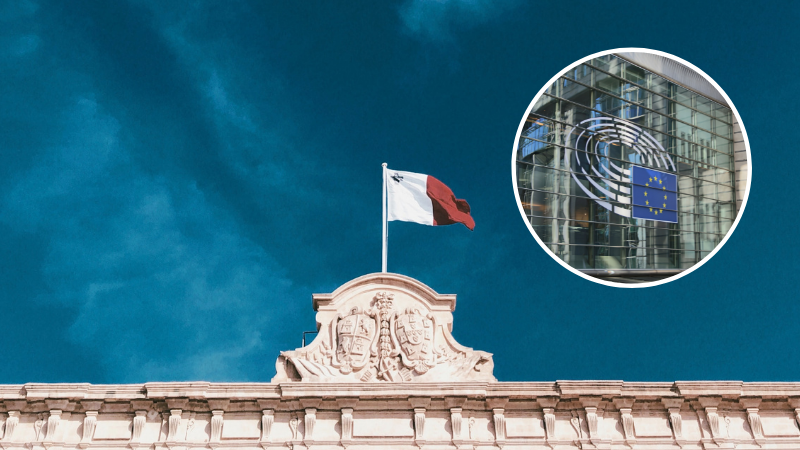The EU Commission has 60 open infringement procedures against Malta, with the top three policy areas in which Malta has earned rebukes from the EU Commission being the environment, justice and fundamental rights, and financial services.
The Commission opens infringement procedures against a member state by first sending a letter of formal notice which allows the member state a two-month window to formulate replies. This is normally carried out when a member state is known or at least suspected to be breaking EU laws.
Following the formal letter, the Commission then escalates its concerns by sending a reasoned opinion and, if deemed necessary, taking the errant member state to the European Court of Justice (ECJ) over breaches of laws which are not addressed.
The EU Commission has a total of nine environmental law infringement cases open against Malta, two of which were referred to the ECJ earlier this year.
One case (INFR(2016)2142) revolves around the Maltese government’s failure to comply with an EU directive which requires that all urban waste water is to be properly collected and treated, with the aim of reducing “all undesirable effects when they are discharged into water bodies”.
While the EU Commission noted some measure of progress since it first sent its formal notice letter to Malta in December 2016, the fact that Malta has failed to resolve the issue since the directive was implemented in March 2007 led to the Commission’s decision to take the case to the ECJ.
The other environmental case (INFR(2020)2346) which landed Malta in hot water with the Commission is the ‘research derogation’ to allow the trapping of finches in Malta, a decision which was also heavily condemned by local experts and conservation organisations alike.
Another infringement procedure involving hunting and trapping in general relates to Malta’s failure to adequately enforce legislation meant to protect wild birds. So far, that procedure has only seen a formal notice from the Commission.
Other environmental issues which the EU Commission has not taken kindly to are Malta’s failure to fully designate all Natura 2000 sites as such and the country’s “lack of control” over Bluefin tuna farms.
The most recent case (INFR(2018)2362) involving Malta which was escalated to the ECJ revolves around the country’s decision to tax used imported cars more heavily than second-hand vehicles purchased in Malta, with the Commission arguing that EU laws do not allow for such an arrangement.
As for the category of cases referring to justice, fundamental rights and citizenship issues, by far the biggest bone of contention remains Malta’s golden passports scheme. In particular, since the start of the Russian invasion of Ukraine, calls for the total scrapping of all EU member states’ golden passport programmes have intensified due to concerns over powerful Russian moguls seeking to hide from sanctions on their wealth using dual citizenship.
Another major issue highlighted in the same category is the non-conformity of Maltese legislation with EU directives which are designed to “fight against fraud to the Union’s financial interests by means of criminal law”.
In terms of issues relating to overall financial stability, financial services and capital markets, Malta has failed to transpose directives related to the supervision of investment firms and anti-money laundering.
How does Malta compare to other member states?
Malta’s longstanding history of being slow to comply with EU Commission directives is not unique to the islands – in fact, Malta ranks 20th out of 26 countries in terms of how many active infringement procedures it has, tied with the Netherlands.
The top three worst offenders in the European Union are Spain (105 active procedures), Greece (103) and ironically, the EU Commission’s host country, Belgium (96).
Besides the UK, which has just 21 active infringement proceedings with the EU Commission following its decision to exit the bloc in 2020, the only other countries with fewer active infringement procedures than Malta are Denmark (29), Estonia (47), and Lithuania (50).














‘Malta facing total of 60 active infringement procedures initiated by the European Commission’.
And there is more to come…
Malta is in for a very rough time if this ‘disgusting’ corrupt regime wants to face the truth. Enough of the lies, denials and human/civil rights violations. It is time to stop the dirty games, listen well or face more penalties besides the grey-listing from the FATF.
The TRUTH will prevail.